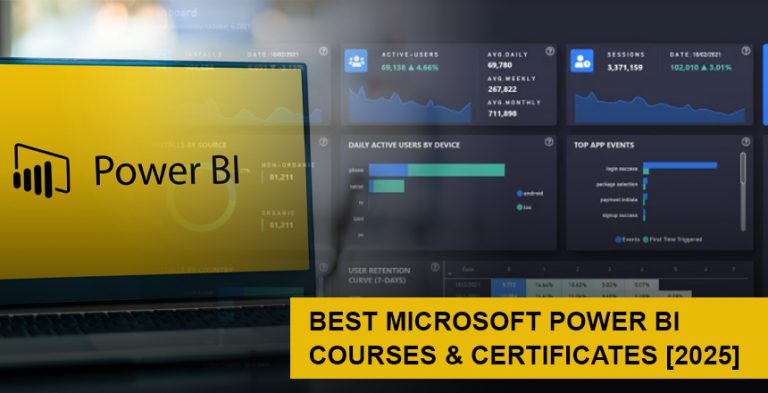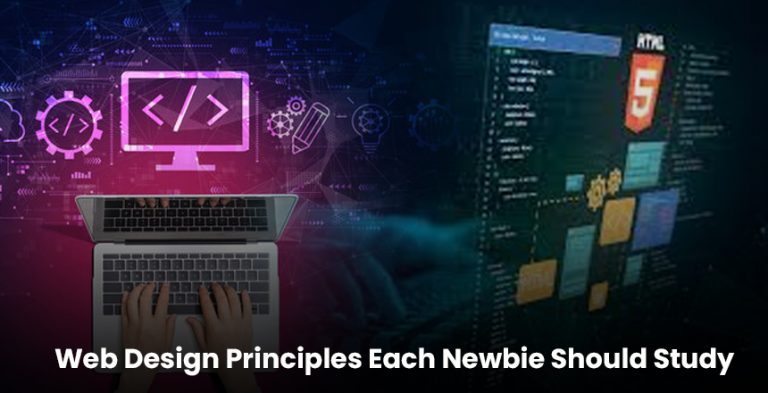Nowadays, data appears in every part of our lives, like shopping, enjoying entertainment and helping companies shape their next strategy. Data needs other things to be truly helpful. The power of a business framework is found in people who understand it, use its insights and influence decisions.
That professional is a data analyst. Going from a beginner to an expert in data analytics means more than adopting new skills; it’s a big shift in your work life.
This blog answers the question of what knowing data analysis can do for your future.
Understanding How Data Is Important Today
Before we discuss careers, it’s important to know why data plays such a big role.
All the time we spend swiping, clicking, making a purchase or searching leaves a mark online. Everyone from companies to governments to startups is gathering data. However, the data alone isn’t enough for them. It is important that they find someone who:
- Find patterns
- Predict trends
- Examine how users behave
- Support them to think better about what they do.
- That’s when data analysts step in, but you can also explore your data to learn more.
How I Went From Beginner to Expert
You won’t suddenly become an expert in data after only learning its basics. If you follow the right method, keep it up repeatedly and stay curious, you can succeed. Usually, the change goes something like this:
➤ Beginner Level
- You first focus on basic things in programming.
- Excel or Google Sheets are both used.
- Plain charts with cleaned data
- Knowing the real significance of data
- It’s a bit confusing at the start, but before long, you’ll understand insights in the data that you didn’t notice before.
➤ The area between the Tropic of Cancer and the Tropic of Capricorn
- Now, it’s time to get familiar with tools like:
- SQL is used to query data.
- To present data, many rely on Power BI or Tableau.
- Gain more detailed results by using either Python or R.
- Instead of just viewing your data, you’re beginning to play with it, modify it and develop stories from it.
➤ The Ninja Level
- You’re at the point where you’re:
- Predictive analytics
- Machine learning models are used by the industry.
- Advanced dashboards
- Business forecasting
- It’s now up to you to lead the way on key business choices.
How Learning to Master Data Analysis Helps Your Career
We can now discuss what cybersecurity means in our lives. What benefits come with learning the skills required to be a data analysis expert?
Unlock Job Opportunities for Good Money
Finding work as a data analyst is relatively easy for most people. People who work in the financial, e-commerce, healthcare and tech sectors can earn important rewards, along with great perks.
Roles include:
- Data Analyst
- Business Analyst
- Marketing Analyst
- Financial Analyst
- Product Data Manager
- Data Consultant
Great opportunities exist to switch jobs or careers.
- While many areas require you to work in only one sector, data analysis fits almost anywhere. There is the ability to switch between different sectors such as:
- Tech
- Healthcare
- Retail
- Logistics
- Government
- Education
- Since data is everywhere, your skills are always in demand.
Improve Your Power to Make Decisions
- When you master data, you offer great value to any business. Why? You encourage them by helping them.
- Learn what is helping your students develop.
- Imagine how things could go wrong.
- Reach higher results by thinking through your plans.
- You’ll find both cost and time savings.
Choose to Start Offering Your Expertise as a Consultant
- It’s not always necessary for data analysts working at the master level to hold full-time posts. When you have the right experiences and projects, you might freelance, advise others or launch a new data-related business.
- Today, many businesses are looking for skilled individuals who can help them understand what their data means — and you are in a great position to help.
The Experience You’ll Develop as You Continue
You will reach ninja-level when you know how to use tools such as:
- Advanced functions, pivot tables and dashboards in Excel
- SQL is used to work with and manage big amounts of data.
- Automation, analysis and machine learning can be done with Python or R.
- Power BI / Tableau (To form strong visualizations and reports)
- Statistics and Probability (So your analysis is effective and informative)
- Critical Thinking (so you can use your mind to interpret the results)
- They not only improve your tech abilities; they also make you think better.
Where to Begin on Your Path
No matter if you want to check out the topic or become a regular, it’s important to start slowly and keep practicing.
Look for:
- Courses that are simple for beginners to follow
- Project-based learning
- Datasets used for real-life situations
- Both training and career assistance are provided by certification programs.
Institutes like IFDA provide structured diploma programs in Data Science and Data Analysis, assisting students to reach a professional level and get ready for employment — usually in less than a year.
By offering practical learning, mentorship and guidance for finding jobs such programs help people achieve future-secure and satisfying careers.
When All Is Said, Is It Justified?
If you appreciate problem-solving, enjoy discovering patterns or hope to work with tech, business and strategy together — improving data analysis is a must.
You don’t have to know advanced mathematics or coding to get started. You only need to be curious, committed and open to learning new things.
If you learn data analysis https://ifda.in/certification-data-analyst-and-visualisation-course.phpfrom scratch, you can find freedom, financial rewards and a job that lasts long into the future.








